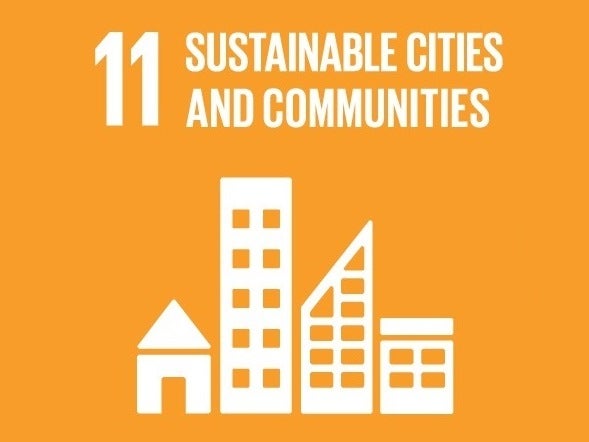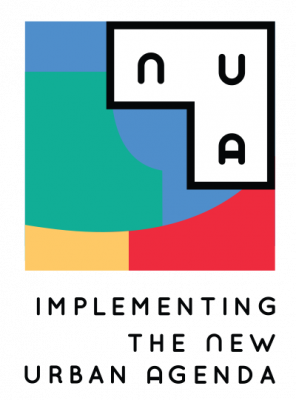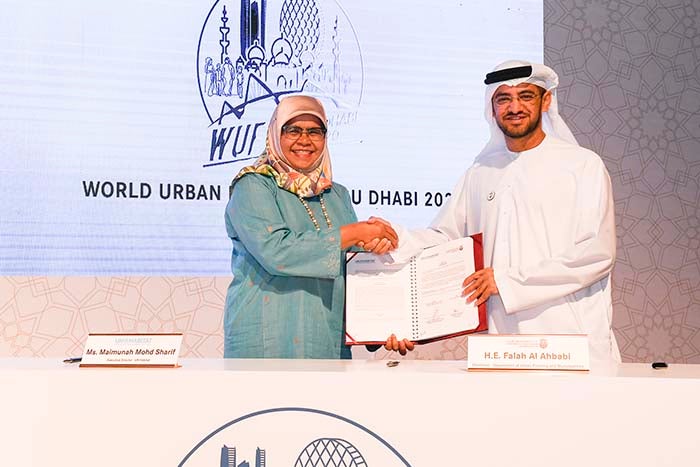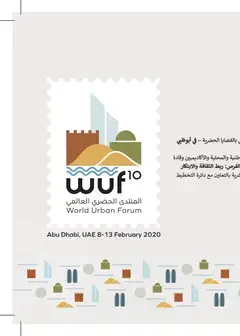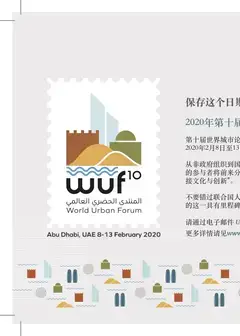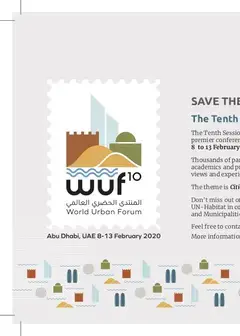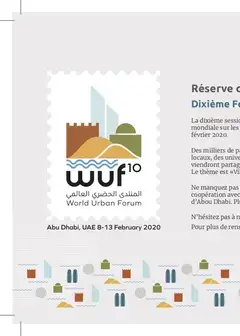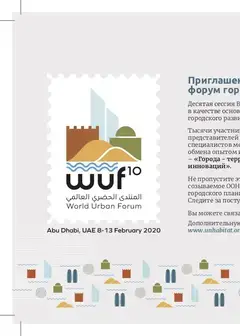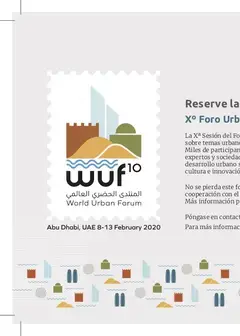The World Urban Forum, which is convened by UN-Habitat, is the world’s most important conference on cities. As a non-legislative forum open to all, it provides the opportunity for thousands of participants involved in all aspects of urbanization to share practices and knowledge on how cities are built, planned and managed. Participants include national, regional and local government, NGOs, community based organizations, research institutions, the private sector, development finance institutions, the media, UN agencies and other stakeholders. The first WUF took place in 2002 in Kenya and eight other WUFs have taken place. The last Forum (WUF9) took place in Kuala Lumpur in February 2018. In 2020, WUF will be hosted for the first time by an Arab nation - Abu Dhabi, the capital and the second most populous city in the United Arab Emirates and capital of the Emirate of Abu Dhabi.
WUF10 will be convened by UN-Habitat and jointly organized with the Abu Dhabi Department of Urban Planning and Municipalities, along with partners including the Abu Dhabi Department of Culture and Tourism, Abu Dhabi National Exhibition Centre, Ministry of Foreign Affairs and International Cooperation and General Secretariat of the Executive Council.
Hosting the WUF10 will be a significant opportunity for Abu Dhabi to further showcase its achievements and role in promoting and implementing sustainable urban development as well as playing an immense role in innovation and cultural exchange. It will be an opportunity to welcome more than 25,000 international visitors, including urban experts and local and regional leaders, to foster diverse dialogue and discussion to overcome the challenges of implementing the NUA.
WUF10 is an opportunity to increase local and regional knowledge on sustainable urbanization issues, and could be leveraged to learn from global lessons and increase cooperation with stakeholders on a global scale.
Key Action Areas
Current discussions have outlined the importance to address the following issues for further consideration:
- Innovative financing mechanisms for sustainable cities
- Innovative urban solutions in housing, mobility, planning, and governance
- Technology and data as enablers for sustainable cities
- Building human and social capital to build a sustainable urban future, with a special focus on youth and women
- Empowering cities as open investment platforms to harness an enabling business and regulatory environments
- The impact of migration on cities
In addition to these issues, WUF10 will provide an opportunity to discuss solutions that are being tested by pioneering cities around the world. Abu Dhabi will advocate for the potential of developing and implementing a new sustainable four-pillar urban development scheme (economic, social, environmental and cultural) as a key enabler and instrumental component of the Sustainable Development Goals (SDGs). This four-pillar scheme awards a more significant scope for the integration of urban culture in the sustainable development strategies of the future.
Sustainable Urban Development
Over half of the world’s population lives in cities and the number is growing every day due to migration from rural areas and population growth. Cities will see an inflow of 2.5 billion new people by 2050, and every minute the global urban population rises by 145 people.
Many of the cities and towns were never expected to house such huge populations and are at breaking point. Unplanned growth and development of cities results in lack of proper housing and growth of overcrowded slums, inadequate and outdated infrastructure such as roads, escalating poverty and unemployment, safety and crime problems, growing pollution, disease outbreaks from lack of proper sanitation, lack of green spaces or basic services. Cities consume 78 per cent of the world’s energy and produce more than half of all green-house gases and other emissions.
While urban centres cover only a tiny fraction of the world’s surface, they are the economic powerhouses accounting for over 80 percent of global GDP. They have contributed to lifting hundreds of millions of people out of poverty. Urban residents in well-planned and managed cities are better placed to benefit from access to employment opportunities, health care, education and public services.
It is estimated that 60 per cent of the places that will be urbanized by 2030 have not yet been built – so there is a window of opportunity to plan properly. It will only be through planning and managing our cities properly that we will be able to address key issues such as poverty and inequality.
International Goal on Urbanization

